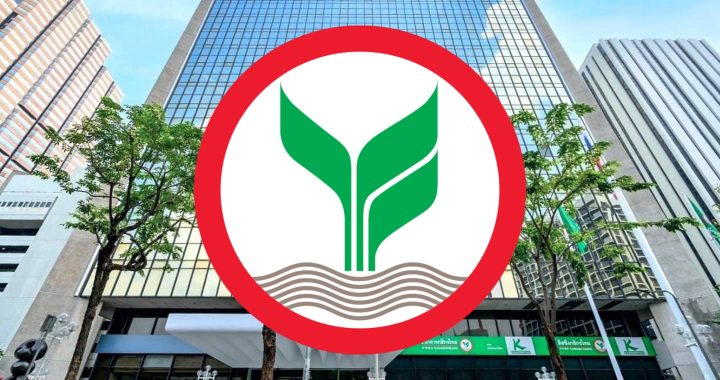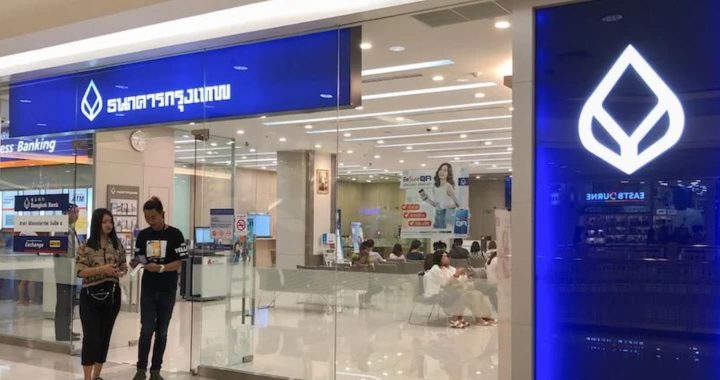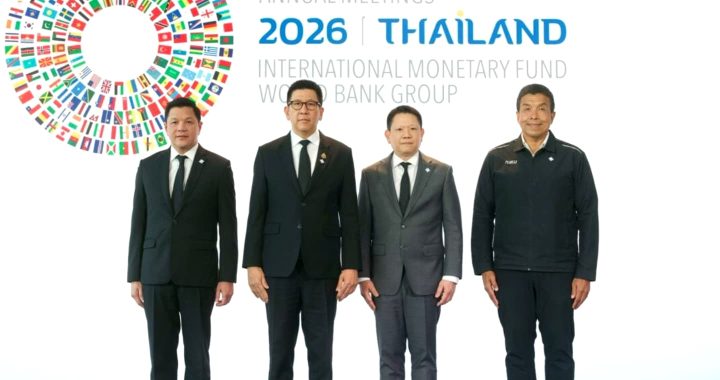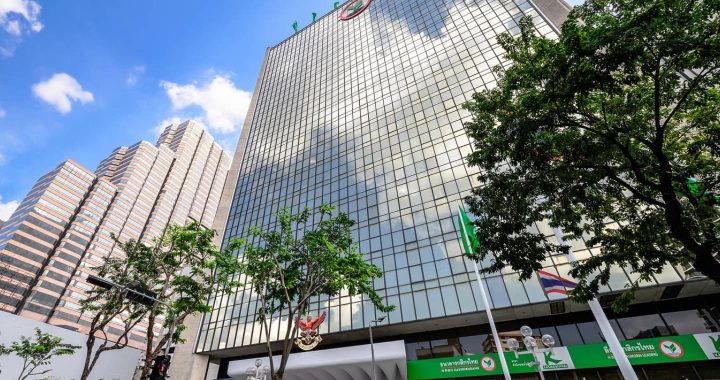Bangkok Bank reports 2023 net profit of Baht 41,636 million
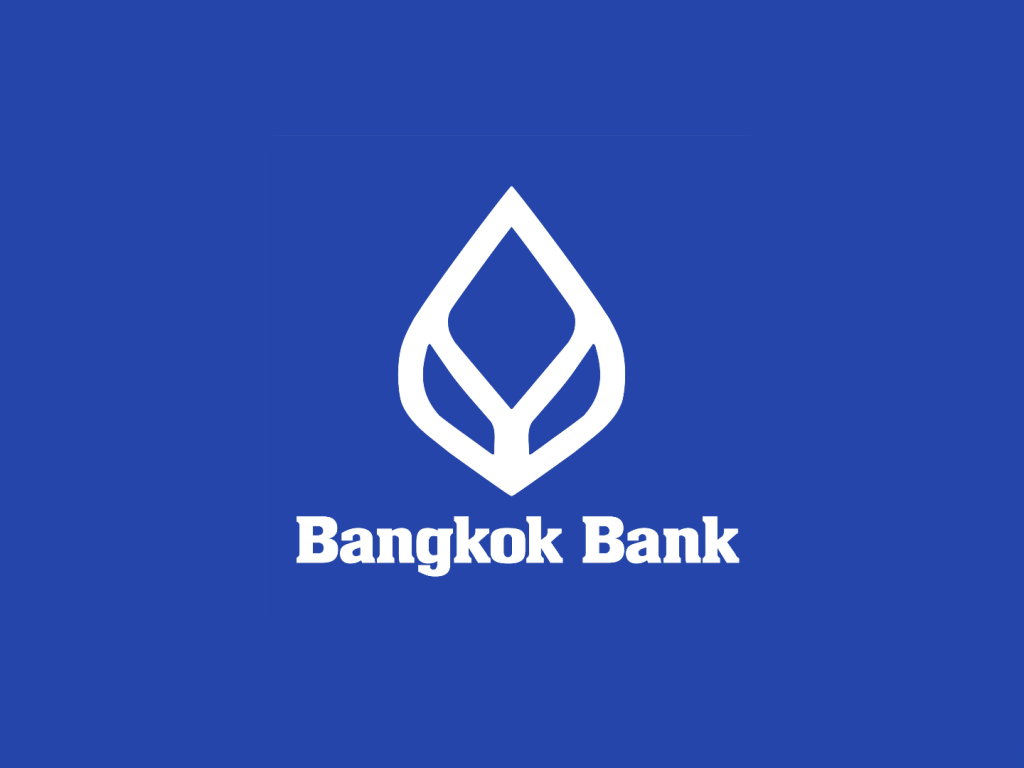
In 2023, Thailand’s economy continued to recover, supported by the tourism sector as the increasing number of foreign tourists and growing private consumption along with spending in the services sector, higher employment, and wage growth.
However, Thailand’s exports weakened in tandem with the subdued demand from trading partners. Going forward, the Thai economy continues to face external challenges such as the economic slowdown in major economies, the impact from maintaining high interest rates to control inflation by central banks,
a China’s economy slowdown which could affect Thai exports and manufacturing sector, and prolonged geopolitical tensions. These are important factors to be
closely monitored.
Bangkok Bank is aware of the increasing challenges our customers are facing in their business operations, arising from economic uncertainty, rapid change in business landscape, technology advances and innovations that impact business operations, increased environmental, social and governance proposition, and shift in government policies and regulations. Thus, as a trusted partner and reliable close friend, the Bank focuses on advising and providing business insights on how to deepen understanding of the situations and adjust their business models to effectively meet the needs of the changing business landscape. The Bank supports the building of partnerships across the business ecosystem and facilitates new investments in environmentally friendly economic activities. In addition, the Bank supports customers to capture opportunities to grow their businesses internationally in order to achieve sustainable growth.
Bangkok Bank reports 2023 net profit of Baht 41,636 million
In 2023, Bangkok Bank and its subsidiaries reported a net profit of Baht 41,636 million, an increase of 42.1 percent from the previous year due to an increase of 28.0 percent in net interest income as yields on earning assets rose in line with the interest rate environments. This was offset by a continued rise in the cost of deposits driven by an increase in deposit interest rates and the resumption of the Financial Institutions Development Fund (FIDF) fee to the normal rate since the beginning of 2023. As a result, the net interest margin stood at 3.02 percent. Net fees and service income slightly decreased from lower trading volume in stock market, while fees from bancassurance and mutual fund services, and credit card business perform better than last year. Operating expenses rose by 18.5 percent from last year following higher economic activities and partly from expenses to improve operational efficiency. The cost to income ratio stood at 48.8 percent. As part of its continuous prudent management, the Bank’s expected credit losses in the fourth quarter of 2023 declined by 18.1 percent from the previous quarter, resulting in the expected credit losses for the year 2023 of Baht 33,666 million, a similar level to last year.
Bangkok Bank continues to operate under its prudent management approach and retains financial, liquidity and capital positions at a healthy and appropriate level to deliver strong and sustainable growth
At the end of December 2023, the Bank’s total loans amounted to Baht 2,671,964 million, a similar level to the end of last year. Corporate loans increased while commercial and business loans declined. The non-performing loan to total loans ratio remained manageable at 2.7 percent. Under the Bank’s continuous prudent management approach, the ratio of the allowance for expected credit losses to non-performing loans remained strong at 314.7 percent.
As of December 31, 2023, the Bank’s deposits amounted to Baht 3,184,283 million, a slight decrease from the end of December 2022, while the loan to deposit ratio stood at 83.9 percent. The total capital adequacy ratio, Tier 1 capital adequacy ratio, and Common Equity Tier 1 capital adequacy ratio of the Bank and its subsidiaries stood at 19.6 percent, 16.1 percent and 15.4 percent respectively, comfortably above the Bank of Thailand’s minimum capital requirements.




